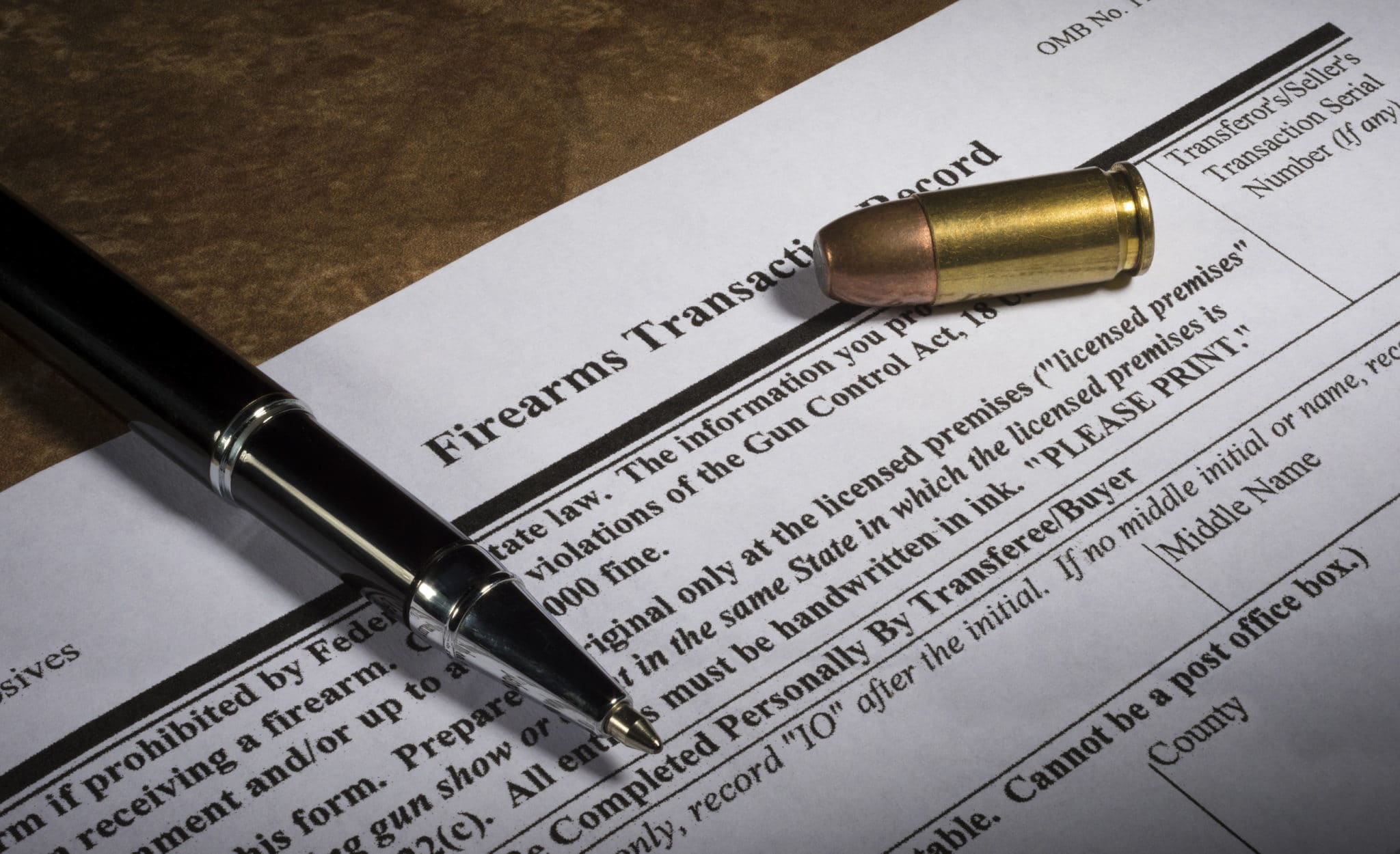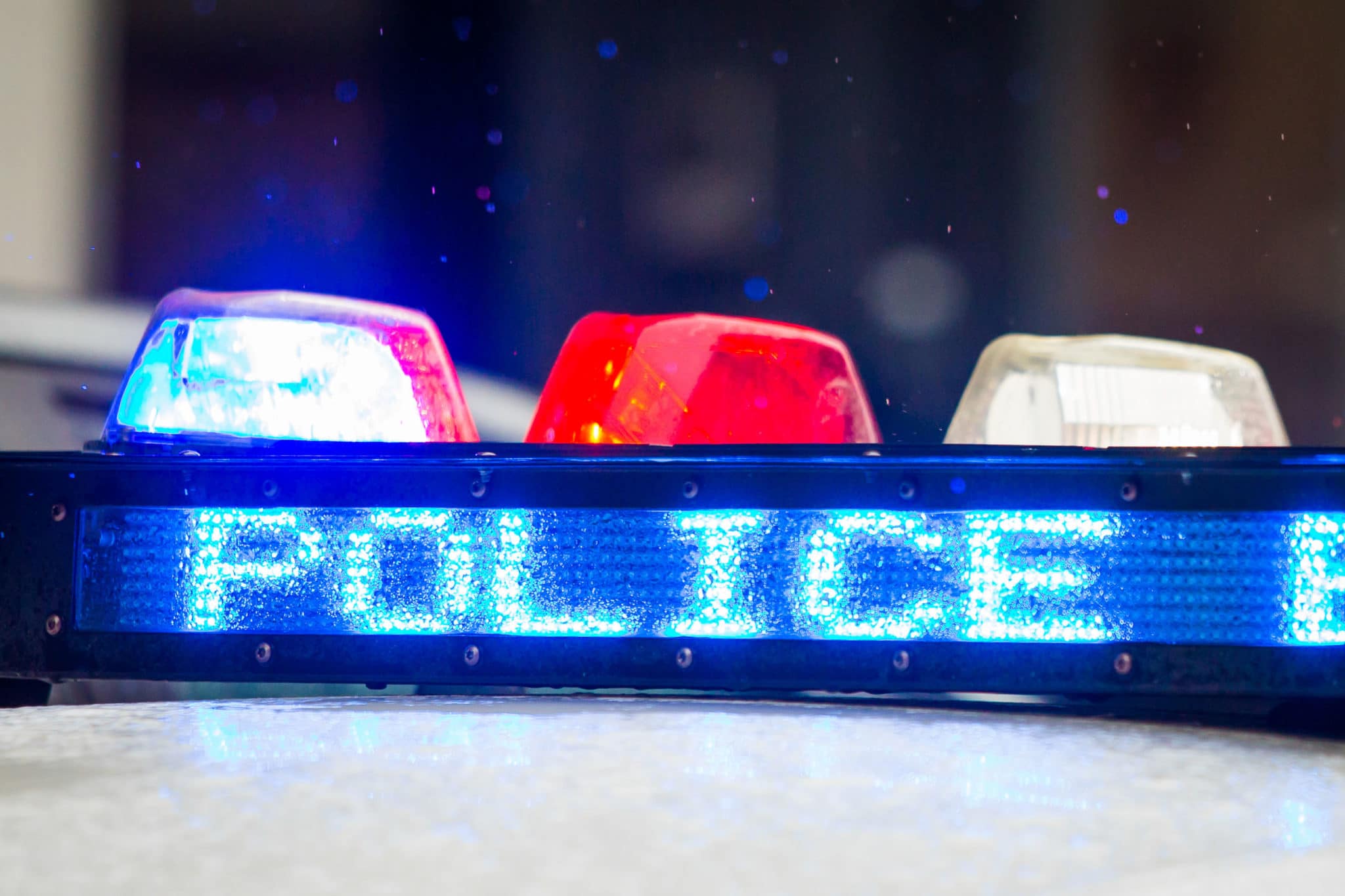The Right Way for Private Citizens to Sell Firearms in Illinois
Illinois has strict and often confusing laws surrounding the rights of private citizens to sell firearms in the state. If you are interested in selling firearms as a private citizen, it is essential that you fully understand what these rights and limitations are.
Failure to understand these laws and properly comply with them can otherwise lead to the serious charge of firearms trafficking.
We’ll discuss exactly what firearms trafficking is and what the penalties are for violating this law. Then we’ll break down exactly how the legal sale of firearms by private citizens can happen while also staying compliant with these laws.
What Is Firearms Trafficking in Illinois?
To legally possess a firearm or firearm ammunition in the state of Illinois, a person is required by law to have a Firearms Owners Identification Card (FOIC). These cards are issued by the Illinois State Police to qualified applicants.
By the most simple definition, firearms trafficking in Illinois is the illegal sale or transfer of firearms from one party to another. According to the Illinois General Assembly, the exact definition for firearms trafficking is:
“A person commits firearms trafficking when he or she has not been issued a currently valid Firearm Owner’s Identification Card and knowingly:
- brings, or causes to be brought, into this State, a firearm or firearm ammunition for the purpose of sale, delivery, or transfer to any other person or with the intent to sell, deliver or transfer the firearm or firearm ammunition to any other person
According to the law, there are a few exemptions that apply to certain people. They include:
- a person exempt under Section 2 of the Firearm Owners Identification Card Act from the requirement of having possession of a Firearm Owner’s Identification Card
- a common carrier
- a non-resident who may lawfully possess a firearm in his or her resident state
What Are the Penalties for Firearms Trafficking in Illinois?

Firearms trafficking is a serious offense in the state of Illinois. Violation of the law can lead to fines and imprisonment. The law is classified as a Class 1 felony with the penalty for the violation being a minimum of four years in prison and a maximum of 20 years, a fine not to exceed $25,000, or both.
If a person is convicted of firearms trafficking multiple times the charge is elevated to a Class X felony. The penalty for violating a Class X felony is a minimum of six years in prison and a maximum of thirty years, a fine not to exceed $25,000, or both.
How Can Illinois’ Private Citizens Legally Sell a Firearm?
If you plan on selling guns as a private citizen, you must first make sure that the buyer meets certain requirements.
All buyers in the state must be at least 18 years of age in order to purchase rifles, shotguns, or ammunition for these types of firearms. For handguns and handgun ammunition, all potential buyers must be at least 21 years of age or older.
It is a requirement for a buyer to have a valid FOIC card. Before you are allowed to transfer the firearm to the buyer, you must first contact the Department of State Police with the FOIC card number to check if the sale or transfer is legal.
If the Department of State Police approves the sale, they will issue you with an approval number. This number will be valid for a period of thirty days after it is issued.
There are limitations other than age on who you can sell a firearm. Individuals restricted from owning a firearm include:
- Persons with mental impairment
- Those who have ever been a patient at a mental institution
- Individuals who are deemed to be intellectually or developmentally disabled
- Those who have used or been addicted to illicit substances within a year of applying
- People who are the subject of an existing Order of Protection
- Persons who have ever been convicted of domestic battery
- Parties who are unlawfully present in the United States
- Individuals that have failed a drug test within a year prior to the application for a medication they were not prescribed
- People in the United States of America on a non-immigrant class visa
- Anyone who has renounced their United States citizenship
- Former military who were dishonorably discharged from the U.S. Armed Services
- Any fugitive from justice

The sale of firearms to these individuals is strictly prohibited in Illinois. Failure to comply with these laws will result in charges of firearms trafficking.
If this occurs it is important to understand your rights under the law and to speak with an attorney who understands these types of crimes.
About the Author:
Andrew M. Weisberg is a former felony prosecutor who now serves as a defense attorney in the greater Chicago area. He has extensive experience in handling all types of criminal cases, from sex offenses and domestic violence to retail theft-related crimes, murder, and drug crimes. His work has been recognized by Avvo, Expertise, National Trial Lawyers, and others, and he has been featured on countless news outlets for his experience and knowledge in criminal law.







 Blog Home
Blog Home 










